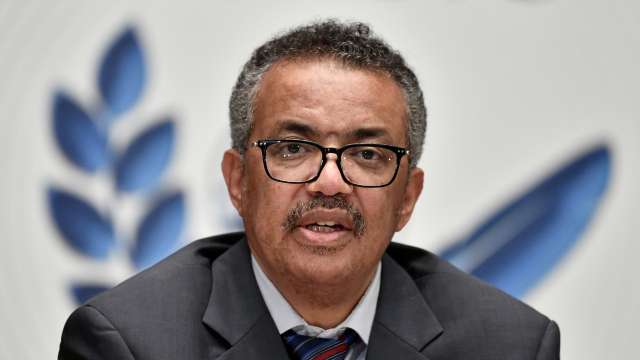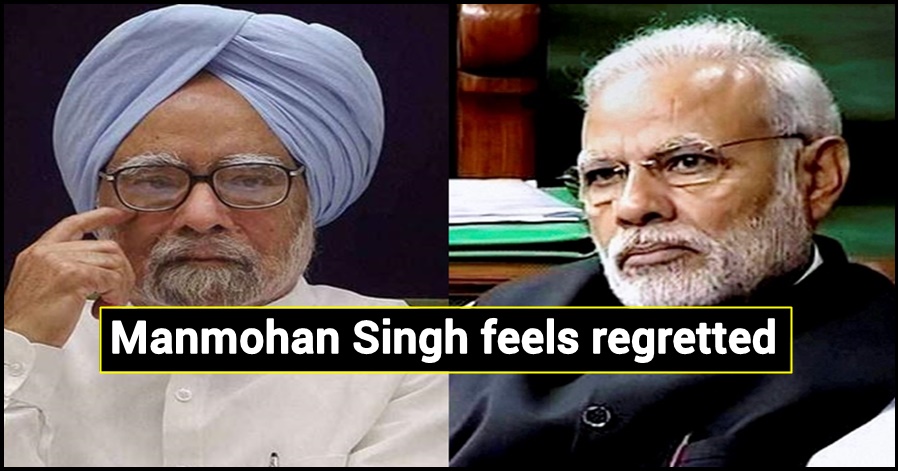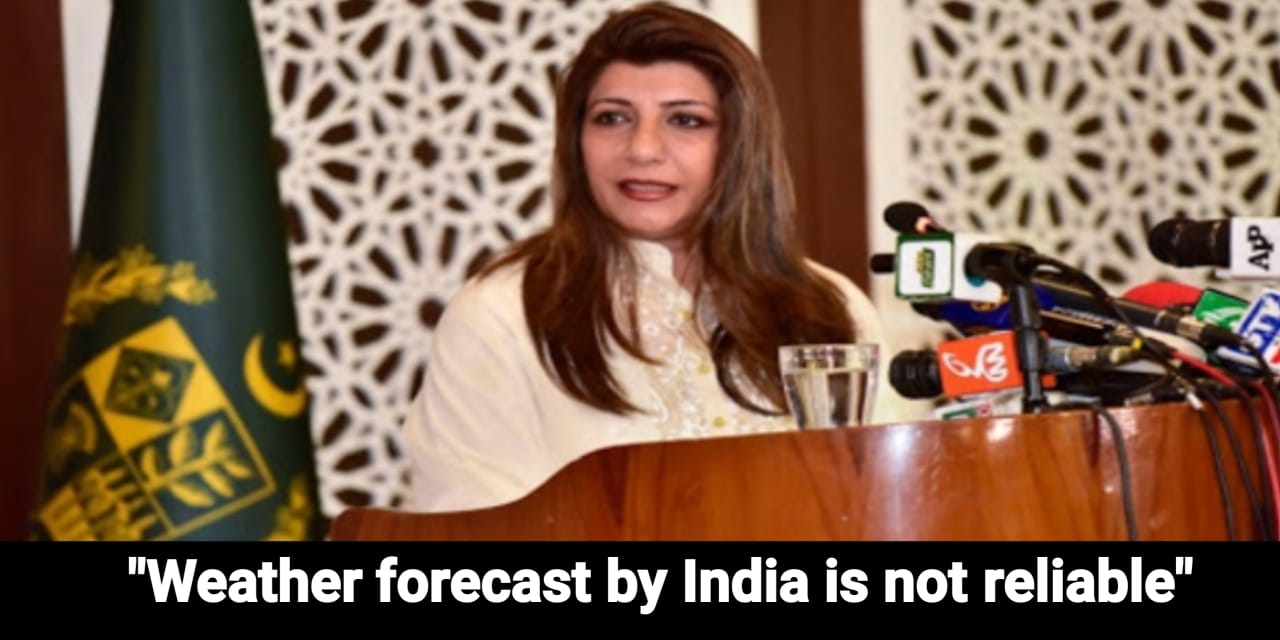No products in the cart.
“We can beat Coronavirus but must prepare for next Pandemic now,” says WHO
The whole world is in a state of shock after the novel coronavirus pandemic impacted millions of people’s lives. So far, over 1.24 million people across the world have passed away linked to coronavirus. As many as 49.1 million contracted the virus infection whereas 32.3 million people recovered from the deadly outbreak.
COVID-19 is an infectious disease which is caused by a newly discovered coronavirus epidemic. Majority of people who contracted the virus infection will tend to go through mild to moderate symptoms and then recover without special treatment.
Today, the deadly outbreak disrupted lives of people, be it health-wise or economically. The battle is not over yet because people are waiting for a vaccine that could defeat the coronavirus.

Ahead of the 73rd World Health Assembly, World Health Organisation stated: “Although this is a global crisis, many countries and cities have successfully prevented or controlled transmission with a comprehensive, evidence-based approach. For the first time, the world has rallied behind a plan to accelerate the development of the vaccines, diagnostics and therapeutics we need, and to ensure they are available to all countries on the basis of equity. The Access to COVID-19 Tools (ACT) Accelerator is delivering real results.”
World Health Organisation also added that the whole world has to be prepared for the next pandemic. “We’ve seen this past year that countries with robust health emergency preparedness infrastructure have been able to act quickly to contain and control the spread of the SARS-CoV-2 virus.”
WHO also plans to come up with a perfect resolution for strengthening nations and their readiness to quickly respond to coronavirus pandemic outbreaks like the novel coronavirus.
Meanwhile, Amina J. Mohammed, the UN Deputy Secretary-General and the UNSDG Chair added: “For the first time, we all recognize this is a development emergency of global proportions. Governments, communities, and citizens have mobilized accordingly – and our UN teams too have stepped up, together, from the onset of the pandemic to address the health, humanitarian and socioeconomic needs. In many ways, this is an expression of global solidarity and response to the most vulnerable. But much more needs to be done, even faster.”








